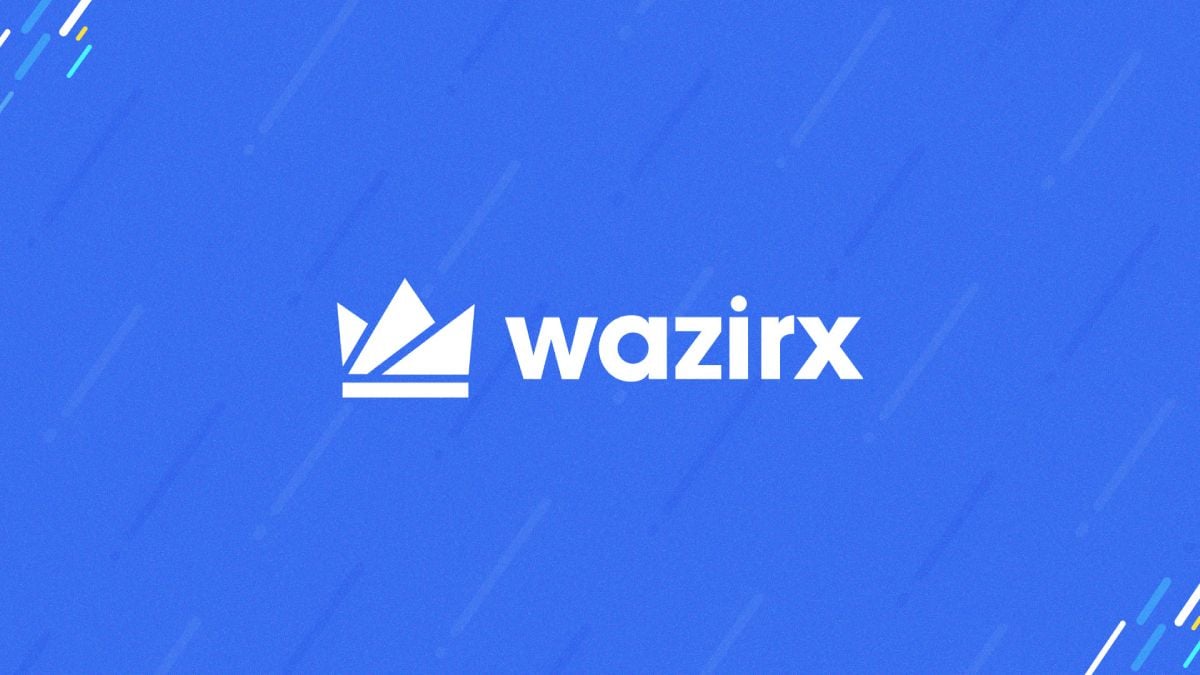As India continues to progress in nurturing, developing, and adopting modern technologies, its population of nearly two billion are also getting accustomed to the virtual convenience. The massive success of the UPI payment system — that is currently used by over 300 million monthly active users — is a testimony of India’s large appetite to digest new technologies, especially ones that make their lives more convenient. After digitising payments, India is now looking to digitise its governance model so that benefits and notices reach the large masses right in the convenience of their homes.
Blockchain technology could improve India’s e-governance system by making it more tamper-proof and secure, Anuj Garg, the Vice President of blockchain at ZebPay, said in a conversation with Gadgets 360. ZebPay is a crypto exchange, operational since 2014.
“Blockchain is an innovative technology that operates on a decentralised ledger system, enabling secure and transparent transactions without relying on intermediaries. The technology ensures that every transaction is recorded on a distributed ledger, which is tamper-proof and cannot be changed without the consent of all parties involved. This creates a level of trust and security that traditional Web2 systems cannot match,” Garg explained.
Ahead of the upcoming 2024 general elections, the governments of many states are accelerating efforts to finetune their e-governance modules. Essentially, this means that most government services are made available online, making their availability easier for everybody, regardless of their age, physical limitations or geographical distance.
Just this week, Tamil Nadu’s IT minister inaugurated a state training centre for e-governance. Palanivel Thiaga Rajan is also betting highly on a blockchain revamp of Tamil Nadu’s e-governance sector. The state has launched Nambikkai Inaiyam (NI), which is a Blockchain-As-A-Service infrastructure built for the State of Tamil Nadu.
The state government there is set to leverage blockchain’s encrypted technology to store citizens’ e-sevai certificates, academic certificates, mark sheets, licences, and land transaction records, safeguarding them against being meddled with, erased or altered.
Other states are also trying to expand their e-governance systems. Kerala, for instance, declared itself a fully e-governed state earlier this month.
“Blockchain could simplify electronic governance. Blockchain-based identity solutions have surfaced, offering portable and secure digital IDs. In the Web3 age, India’s tech environment is ready for innovation and expansion. Additionally, blockchain-based supply chain management is gaining popularity in India as it enables efficiency, transparency, and traceability in industries including pharmaceuticals, logistics, and agriculture,” Garg added.
Blockchain ups the data security game all together, because everything stored on a blockchain is encrypted and distributed across multiple nodes, making it highly resistant to hacking or tampering. In addition, blockchain enhances transparency by ensuring that all transactions are visible to participants, reducing fraudulent activities. The technology brings time and cost efficiency to the table as well, by eliminating the need for intermediaries.
As the government looks for ways to safely integrate blockchain to its system, industry insiders suggest thorough research work. Entities interested in a blockchain revamp must begin by identifying specific instances where blockchain may improve current processes. The upskilling of employees will play a crucial role for government as well as non-government platforms to adopt blockchain.
As the underlaying technology that supports cryptocurrency and the overall Web3 ecosystem, blockchain has caught the attention of Indian regulators, not just at the state level, but also on a national level.
Recently, RBI Deputy Governor Mahesh Kumar Jain said that linking Artificial Intelligence (AI) and blockchain to India’s existing financial system is essential to ensure the growth and stability of India’s digital finance sector in the modern present and the future.
While several Web3 industry players and blockchain enthusiasts have collectively formed the Bharat Web3 Association (BWA) to have constructive discussions with the government around Web3, state governments are also implementing blockchain solutions into their operative modules.
Telangana, for instance, has established an advisory panel dedicated to blockchain R&D along with setting up a ‘Blockchain District’ in Hyderabad to serve as a hotspot for blockchain activities.
According to a survey conducted by the World Economic Forum, the financial services industry is set to undergo a transformative change with the widespread adoption of blockchain technology. It is projected that by 2025, blockchain platforms will account for at least 10 percent of the global GDP stored digitally.
“While blockchain technology is not yet ubiquitous, it has the potential to become a game-changer in the world of technology. As more businesses and industries embrace blockchain, it will become progressively challenging for non-adopters to remain competitive. This implies that, over time, blockchain technology will inevitably become a fundamental part of the future,” Garg has predicted.
Affiliate links may be automatically generated – see our ethics statement for details.

